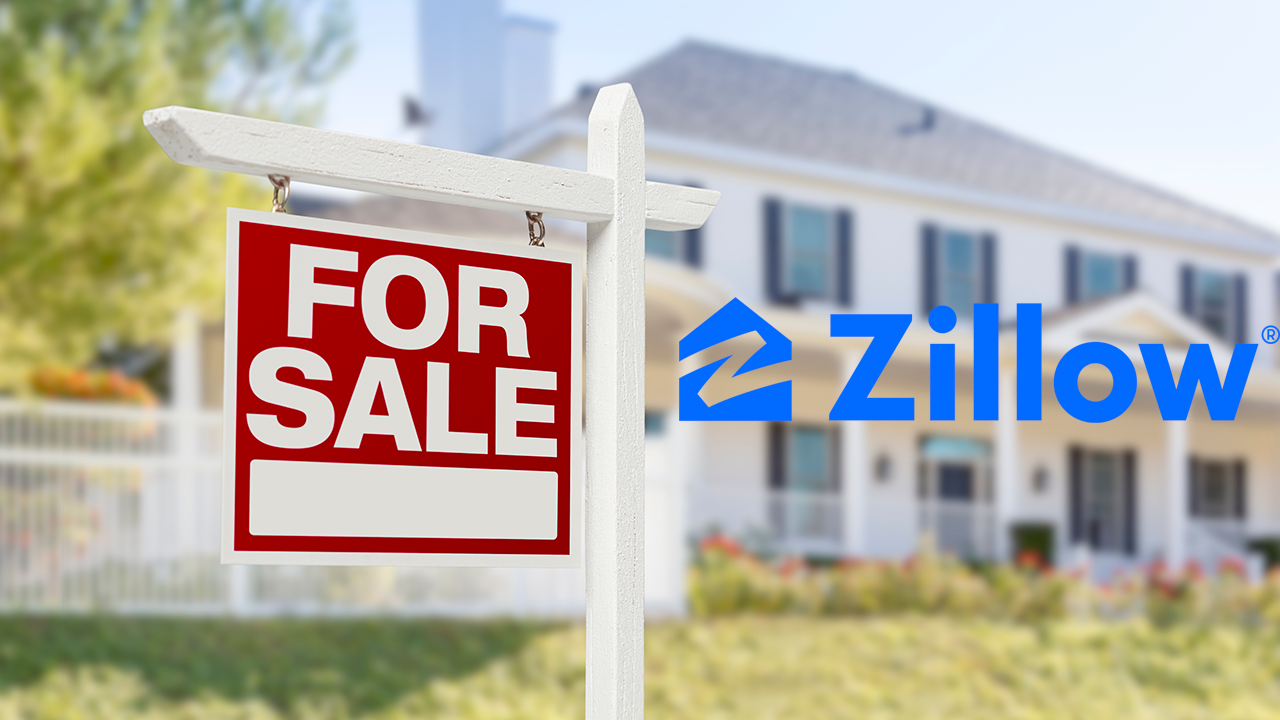
Should I Trust Zillow to Determine My House Value in Today’s Market? Well, there’s this old saying in the real estate world that goes something like this: “Your home is worth what someone is willing to buy it for.” Basically, it means that figuring out how much your house is worth isn’t always straightforward. There are lots of things to consider, some of which might seem kind of random. So, when it comes to using Zillow to estimate your home’s value, it’s good to keep in mind that while their tool can be helpful, it might not always give you the most accurate picture. After all, there’s more to your home’s value than just numbers on a screen. Should I Trust Zillow to Determine My House Value in today’s rapidly changing market? Well, while Zillow’s estimates can provide a starting point, it’s essential to take them with a grain of salt and consider other factors such as recent sales in your area and the condition of your property. So, when it comes down to it, Zillow can be a useful tool, but it shouldn’t be the only one you rely on when determining the value of your home.
In today’s internet savvy world, many look to industry leader Zillow for information. But the questions is, “Should I Trust Zillow to Determine My House Value in Dallas?”
No.
Don’t trust Zillow for valuing your home. Here’s why.
Should I Trust Zillow to Determine My House Value in Dallas
Zillow’s Margin for Error
It’s a question that weighs heavily on the minds of many homeowners, particularly in light of reports suggesting that Zillow’s estimates can be significantly off-base, sometimes by as much as 18 to 20 percent higher or lower than the actual market value. Moreover, there are troubling instances where Zillow’s estimates have shown an upward trend in areas experiencing a downturn in the housing market, casting doubt on the reliability of their data.
Let’s delve deeper into the implications. Consider a modest $200,000 home. A 20 percent discrepancy in estimation could translate to a staggering $40,000 gap between the perceived and actual value. Now, expand this scenario to high-priced markets like Los Angeles or Miami, where million-dollar homes are not uncommon. Here, Zillow’s estimates could lead to wildly unrealistic valuations ranging from $180,000 to well over $200,000, creating a significant disparity that could profoundly impact both buyers and sellers alike.
The ramifications extend beyond mere monetary figures. Zillow’s estimates have the potential to deter prospective buyers who perceive homes as being far beyond their financial reach, while simultaneously inflating sellers’ expectations, setting the stage for potential disappointment and discord in the negotiation process. Homeowners often view Zillow’s estimate as the starting point for pricing their property, but the discrepancy between Zillow’s figures and actual market value underscores the need for caution and additional research. In essence, while Zillow can offer valuable insights, it should not be solely relied upon when determining the true value of a home in today’s complex real estate landscape.
How Does Zillow Create Estimates
Should I Trust Zillow to Determine My House Value in today’s bustling real estate market? It’s a question that many homeowners ponder, especially given Zillow’s popular estimating tool known as the “Zestimate.” However, even with the multitude of pricing factors plugged into its formula, there’s still a significant margin of error because Zillow isn’t actually inspecting your home up close.
The Zillow algorithm takes into account various aspects like market pricing in the vicinity, the size of the house, lot dimensions, and all the features including bedrooms, bathrooms, and even pools. Nevertheless, Zillow itself acknowledges that its estimate is just a starting point and shouldn’t be taken as an official appraisal or the true value of your home.
One of the main reasons for this margin of error is that Zillow relies heavily on public records and user input, such as data from realtor sales. However, it doesn’t have the capability to distinguish whether your home is a rundown property in need of TLC or a fully renovated gem that attracts envy from neighbors.
Moreover, Zillow’s data doesn’t always account for community nuances. In larger cities especially, there are often distinct pockets within neighborhoods where property values can differ significantly. These variations can skew the overall data that Zillow considers, leading to inaccuracies in its estimates. So, while Zillow can provide a helpful starting point, it’s important for homeowners to approach its estimates with caution and to consider other factors when determining the true value of their property in today’s diverse real estate landscape.
The More Accurate Model
When it comes to pricing a home for sale, real estate professionals emphasize the importance of a thorough understanding of various factors including the property itself, its location, and the prevailing market conditions. Unlike the comprehensive approach taken by realtors, Zillow’s pricing model is often viewed with skepticism in the industry, as it can complicate the process of accurately pricing homes and managing clients’ expectations effectively.
A seasoned realtor typically begins by analyzing recent sales within a specific radius of the property, rather than relying on broader zip code data. This localized approach allows for a more precise comparison of similar homes in the area based on size, features, and recent upgrades, providing a more accurate appraisal of the property’s value. The timeframe for these comparisons typically spans the previous 3 to 6 months, adjusting based on the level of activity in the local real estate market.
Furthermore, realtors consider the current inventory of homes on the market, assessing how the subject property stacks up against its competition. Factors such as the condition of the property compared to others in the area can significantly impact its perceived value. For instance, a well-maintained home may not command the same price per square foot as a recently renovated property in the same neighborhood.
In addition to assessing the property itself, realtors also factor in whether the market favors buyers or sellers. In a seller’s market, where demand outweighs supply, realtors may strategically underprice a property to generate interest and spark bidding wars among potential buyers. This approach, known as pricing to create a frenzy, can be effective in generating excitement and driving up the final sale price, particularly in markets like Dallas.
IF YOU ARE LOOKING FOR A FAST WAY TO SELL YOUR HOME, GIVE US A CALL AT (214) 989-4949 OR FILL OUT OUR ONLINE FORM TODAY!
Recent posts you might like…
- 5 Tips For Selling Your Mobile Home In DallasSelling your mobile home in Dallas can be a quick and easy process when you have a plan in place. While certain selling methods work for some homeowners, others are better served in other ways! There are many routes you can take when it comes to selling. Learn more about your options and get our … Continued
- 4 Improvements to Make Before Selling Your Mobile Home In DallasBefore selling your mobile home in Dallas, there are improvements you can make to add value to your property. Learn about these improvements and the selling options available to you in our latest post! #1 – Make It Energy Efficient People are often drawn to the allure of mobile homes due to the promise of … Continued
- How To Get The Best Price For Your Manufactured Home in DallasWhen selling your manufactured home in Dallas, you’ll want to get the best price possible without having to have it on the market for a long time. In our latest post, we offer some tips to do just that! Selling a manufactured home can present unique challenges compared to selling a traditional single-family home. The pool of … Continued
- 4 Benefits of Selling A Mobile Home To A Dallas InvestorIf you want to sell a mobile home in Dallas or the surrounding areas, turning to a professional investor may not have even been on your radar. However, many investors, such as the team at Higher Home Buyer, pay excellent prices and can make the process quick and easy instead of a long and drawn … Continued
- Pro and Cons of Hiring an Agent vs. Selling to an Investor in DallasReady to sell your house in Dallas or the surrounding areas? Learn more about the pros and cons of hiring an agent vs. selling to an investor in Dallas! What many homeowners may not fully grasp is the breadth of options available when it comes to selling their property. While the traditional route of hiring … Continued

